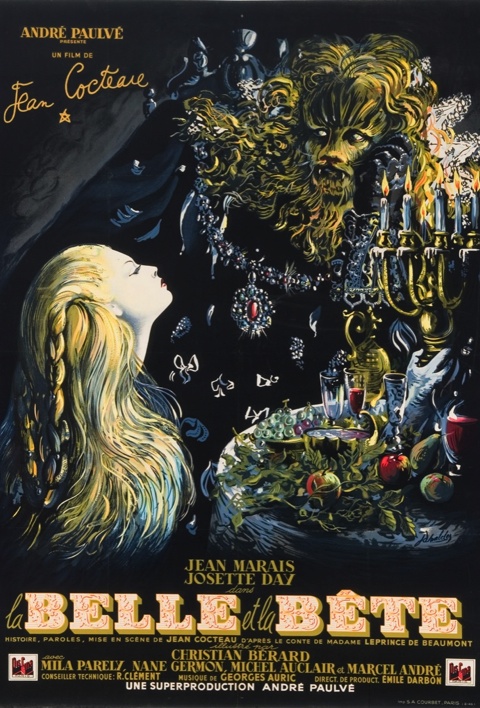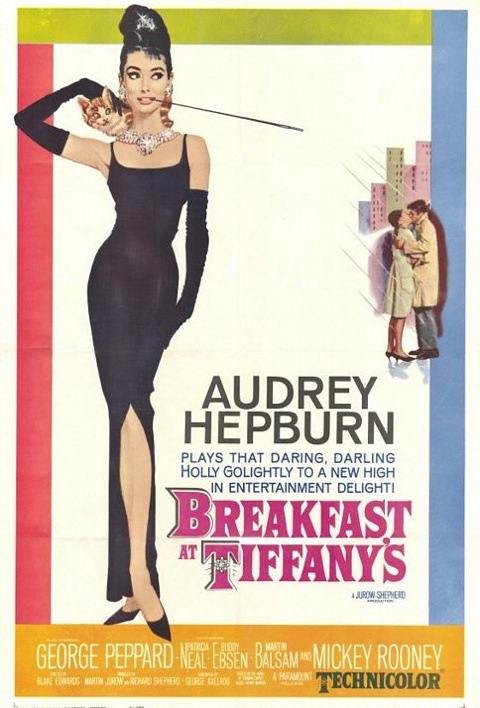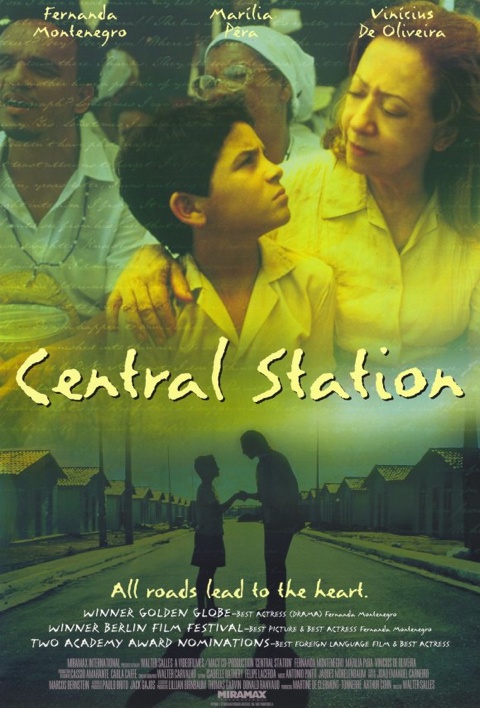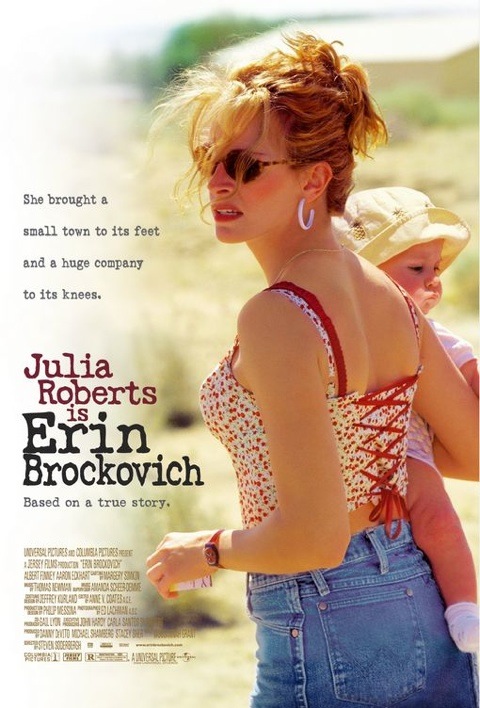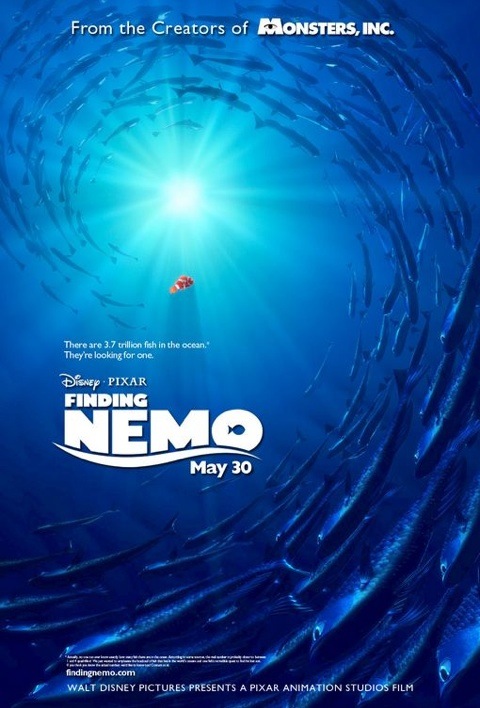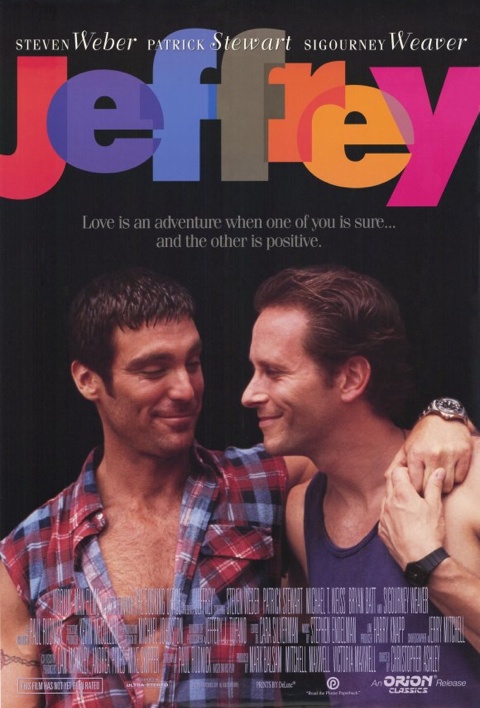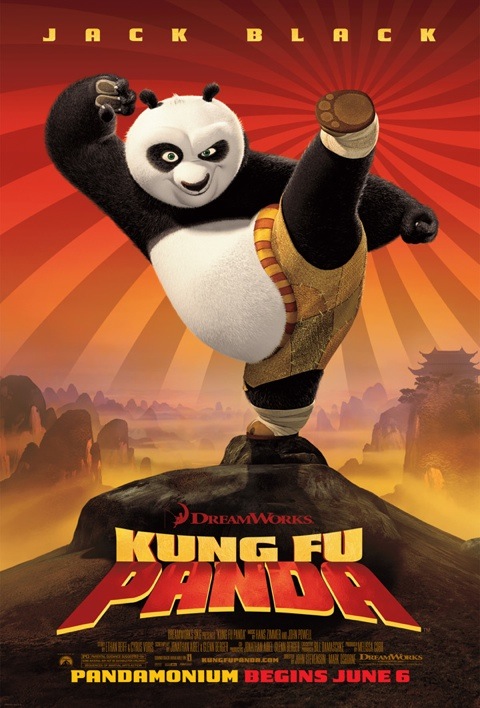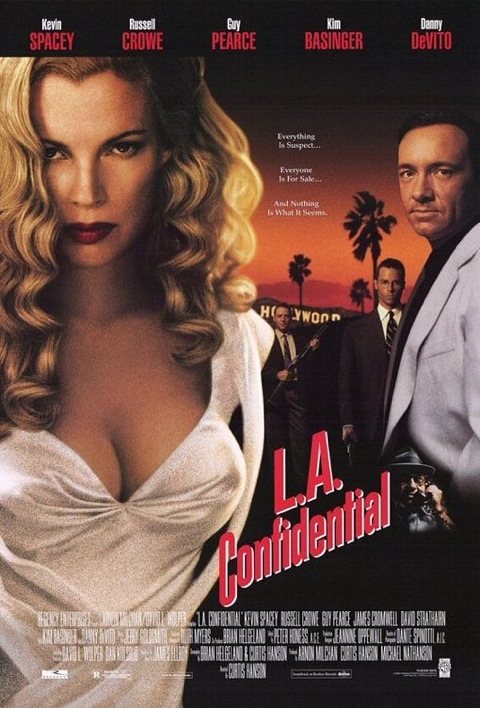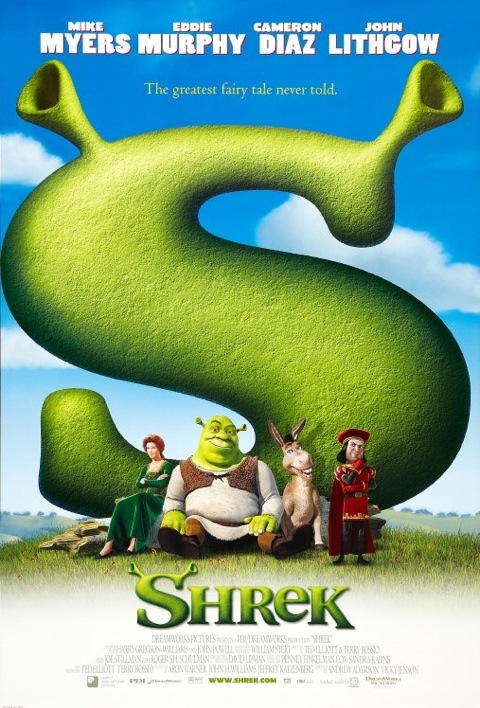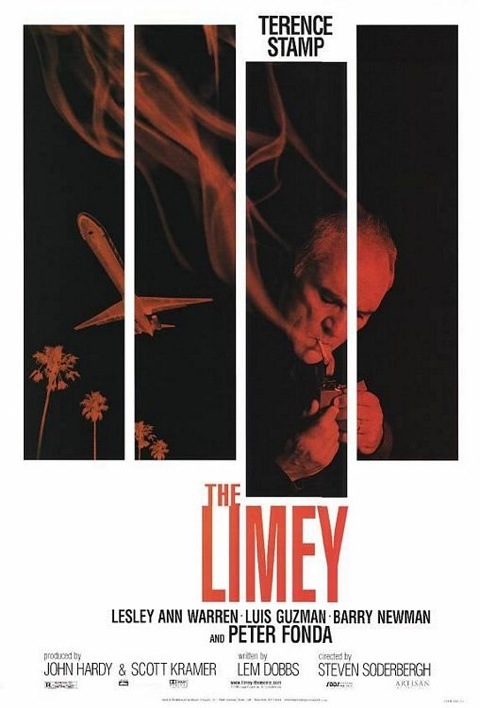Self-Interest
Overall Story Issue
In each of the stories below, everyone faces issues emanating from doing or being based on what is best for oneself (OS Issue: Self-Interest). This issue naturally calls for every character to also address doing or being based on what is best for others (OS Counterpoint: Morality). Together, these two structural items work together to denote a range of dramatic exploration for everyone and comes closest to identifying the central "theme" of the story.
Overall Story Issue Self-Interest
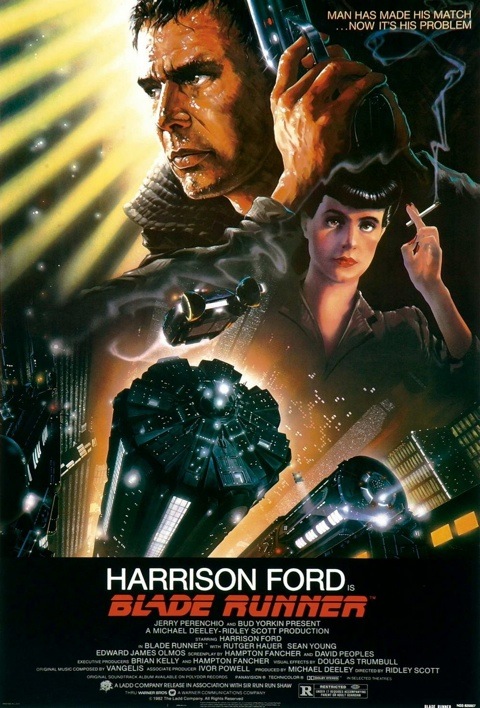
Blade Runner
Deckard comes out of retirement because unless he’s a cop he has no status; as head of the corporation named after him, Tyrell lives atop a pyramid, a monument to himself; Gaff is concerned with self-advancement at Deckard’s expense; Rachael wants to believe her memories are real; Deckard’s intrigued by Rachael because:
DECKARD
People have walked out on me before…
but never when I was being charming.
(Fancher and Peoples, p. 60)
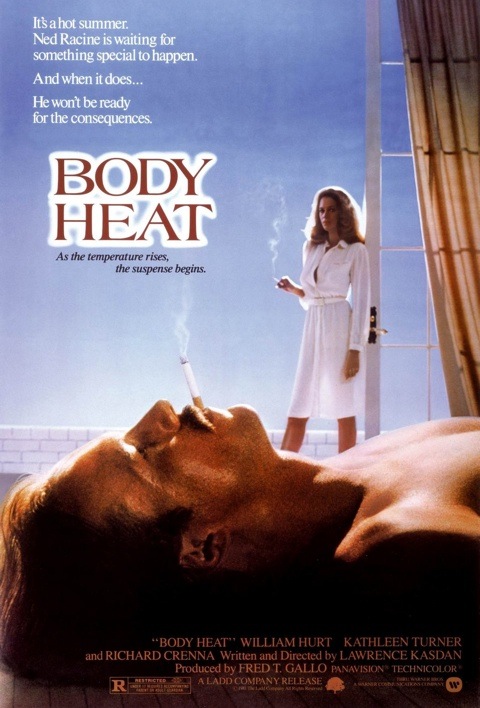
Body Heat
There is an obvious thematic tug-of-war between Self Interest and Morality in the story: Mattie’s pursuit of personal gain at the expense of others; Ned’s pursuit of personal pleasure and his dubious ethical practices as an attorney; the D.A.‘s struggle with helping a friend avoid criminal charges vs. his moral obligation as a representative of the people; Edmond Walker’s self-professed self interest and his complete lack of moral concern for others; etc.
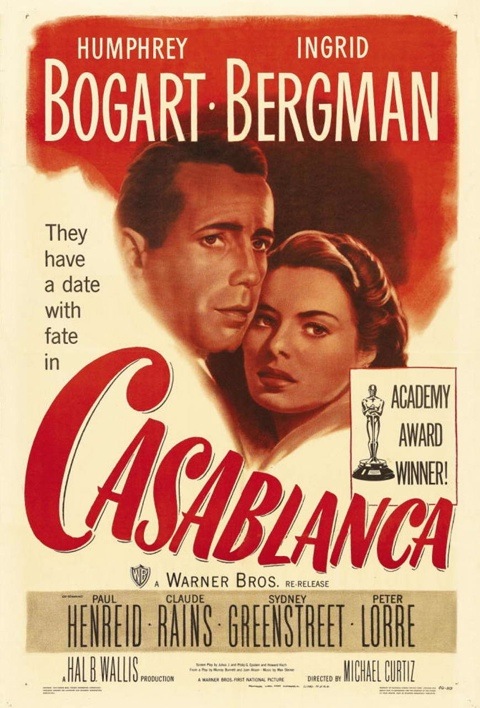
Casablanca
Renault satisfies his ego by bedding women; Strasser has made defeating Laszlo into a personal obsession; Rick repeatedly insists, ” I stick my neck out for nobody;” Ugarte and Ferrari make personal profit by exploiting refugees; Rick wants to keep his club operating without interference:
RENAULT
[...] That is the reason we permit you to remain open.
RICK
Oh, I thought it was because I let you win at roulette.
RENAULT
Er, that is another reason…

El Mariachi
There is no morality in a town ruled by the tyrannical Moco; in his quest to recover his share of the money, Azul has no qualms about killing men who get in his way, or, allowing El Mariachi to die in his place; and so forth.
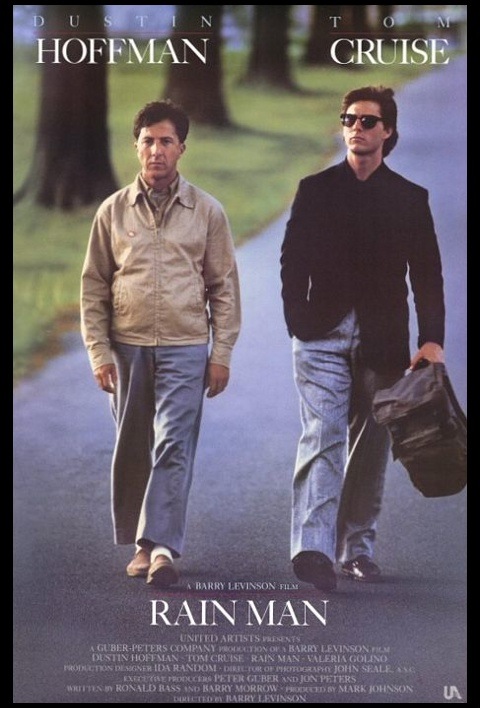
Rain Man
Charlie is interested in making or getting money; Susanna is upset at Charlie’s callous attitude, needing a more fulfilling relationship; Raymond is concerned with his immediate physical needs; Lenny wants to save his job.

Reservoir Dogs
Each of the robbers is out for themselves. As Mr. Pink says to Mr. White, “I don’t want to know your name.” Mr. Pink talks about himself incessantly, and feels it’s safer for him to leave the warehouse and go to a motel. The robbers gun down anybody who impedes their escape, whether they be police officers, an innocent motorist, or employees who ring the alarm.
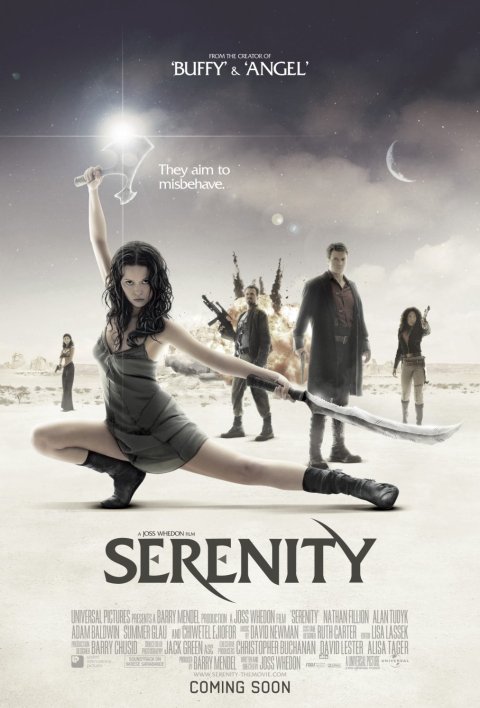
Serenity
The Alliance is looking out for it’s own best interests. The captain and crew of Serenity constantly argue over doing what’s best for them or for others. Simon’s willingness to risk the crew’s life for the safety of his sister, River.
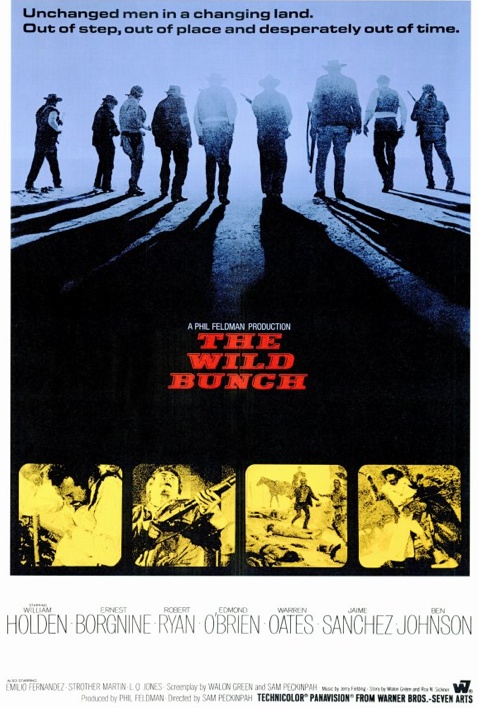
The Wild Bunch
The Gorches argue that Angel and Sykes shouldn’t get the same share of the loot as them; Thornton’s primary concern is keeping himself out of jail; Angel kills Teresa because if he can’t have her, then Mapache can’t either; Coffer and T.C. loot corpses for personal gain; Mapache aims to be “the best armed General in Mexico”; Dutch leaves Angel at Mapache’s mercy and escapes with his gold; Pike runs out on Thornton at the whorehouse; Pike offers only half his share to buy back Angel from Mapache; etc.
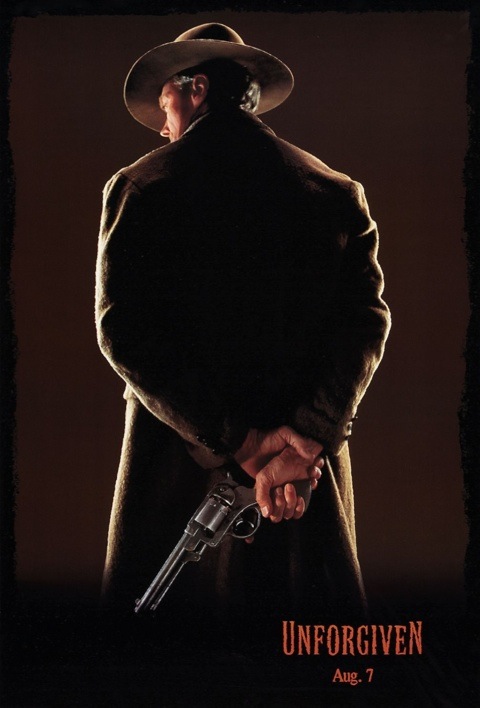
Unforgiven
Quick Mike slashes Delilah because his pride’s hurt; Strawberry Alice and the whores demand justice for themselves; Skinny only cares about being a baron of billiards and getting repaid for his damaged goods; WW Beauchamp wants fame as an author; Kid Schofield, English Bob, and Little Bill seek self-aggrandizement; Munny wants to earn easy money for himself by killing others.


